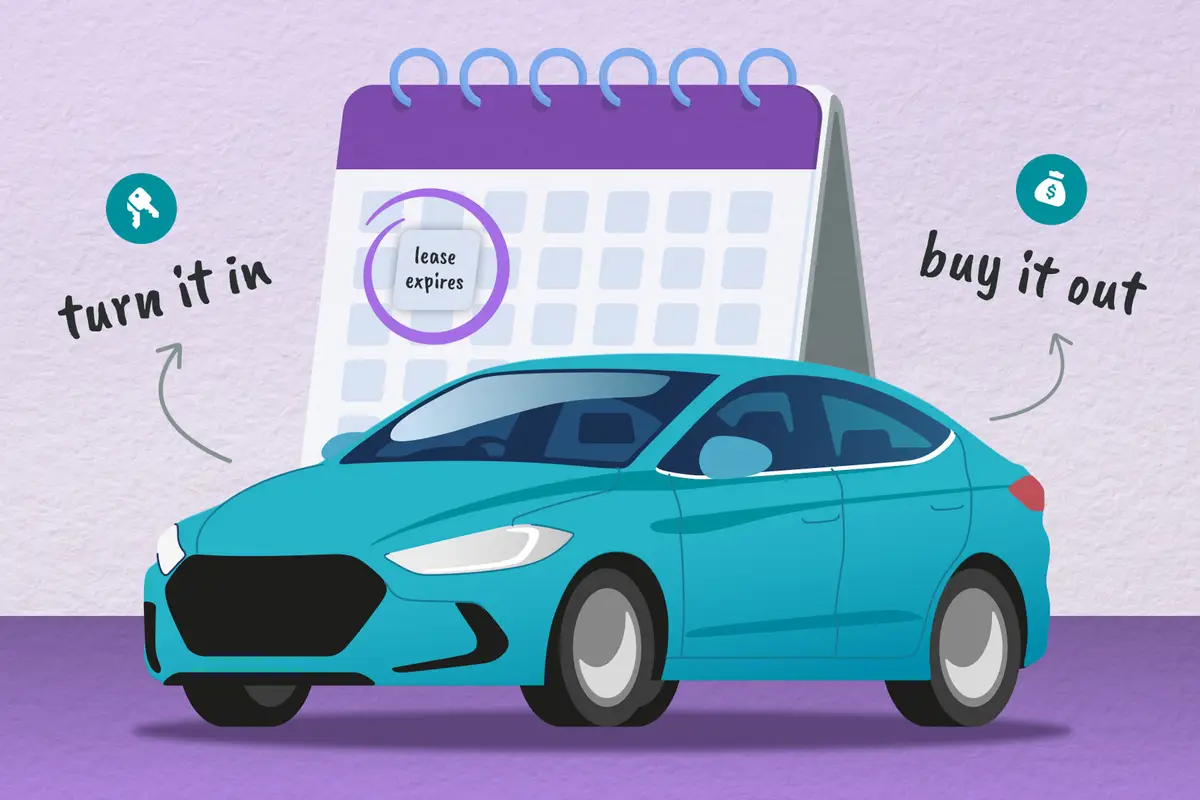Are Hybrid Cars More Expensive to Maintain or Repair Than a Gas Car?


Conventional gas-electric hybrid vehicles can be more eco-friendly than their gasoline-only counterparts, but they also can be more economical. Fuel savings can eventually outweigh any price premium for the hybrid powertrain, but since a hybrid is a more complex vehicle, will you give back some of that economy with higher costs for maintenance and repairs?
Related: So You Want to Buy a Hybrid Car: 6 Things to Know
The answer on regular maintenance for a hybrid, including normal wear and tear, is generally no — at least for many years of use. The answer on repairs is more complicated and applies to common parallel hybrids, not to more expensive and complex plug-in hybrids that are designed to operate as full electric vehicles part of the time.
Maintenance Costs a Coin Toss
A gas-electric hybrid still has a gasoline engine and drivetrain that require the same regular checks and maintenance as a gas-only vehicle, such as oil changes and replacing hoses, brakes and tires. The components specific to the hybrid’s electric system don’t add significantly to regular maintenance, and in some cases, they might actually reduce it.
That’s because the electric system takes some load off the gasoline engine, particularly in traffic at startup and low speeds, potentially cutting wear and oil change frequency. And since the hybrid’s electric-motor-based regenerative braking system (which recharges the battery) handles much of the braking, the need for maintenance and replacement for the conventional friction brakes is cut significantly.
Repairs Costs Have Some Risk
Again, you generally have all of the repair risks and costs of any gasoline vehicles, but the hybrid system adds some components that can be expensive to repair once the vehicle ages out of warranty. The specialized parts can require more skilled technicians and time to repair. Such components can include the continuously variable automatic transmissions used in many hybrids. On the plus side, some CVTs (such as the electronic one used in many Toyotas, which is technically a power-split device) eliminate the need for an alternator, starter and belts.
But the biggest repair question for many shoppers concerns the hybrid system’s high-voltage battery pack. Though costs have come down some, battery replacement down the road still might cost more than the worth of the vehicle. While the risk of failure is low, repair is a must — a hybrid vehicle won’t operate at all without a healthy battery. The good news is that the risk is typically way down the road.
Regardless of warranty coverage for the rest of the vehicle, all hybrid (and PHEV) automakers in the U.S. must offer a battery warranty against failure for at least eight years or 100,000 miles; California and the 13 states that follow its emissions rules mandate coverage for 10 years or 150,000 miles for new vehicles bought and registered in those states. Toyota, the biggest seller of hybrids, has extended the longer hybrid battery warranty period to all states. It also expects its batteries to last longer.
“The batteries are designed to last the average life of the vehicle, if properly maintained,” Toyota spokesman Zachary Reed told Cars.com. If it fails, “you would get a new battery no matter where in the life cycle of the warranty.”
Hybrids Excel in Overall Reliability
As important as potential repair costs might be in vehicle choice, more important is avoiding the need for a repair — and that’s where hybrids show an edge. Hybrids rated as significantly more reliable overall than all other vehicle types (gasoline-only, PHEVs and full electrics) in Consumer Reports’ latest Annual Auto Reliability Survey. On average, hybrids had 26% fewer problems on average than gas-only vehicles. Meanwhile, EVs had 79% more problems than gas-only vehicles, and PHEVs trailed all with 146% more problems. In fairness, EVs and PHEVs are relative newcomers compared with hybrid cars that have been on sale in the U.S. for about a quarter century.
“Automakers have been making hybrids long enough that they’ve gotten really good at it,” Steven Elek, Consumer Reports’ leader of auto data analytics, said in the report. “Plus, many hybrids are also made by manufacturers that tend to produce reliable vehicles overall, such as Toyota, Hyundai and Kia.”
Higher Insurance Rates
Worth noting is an additional higher cost. Hybrid owners can expect to pay a little more for car insurance — about 9% more on average than a comparable gasoline model, according to Forbes Advisor. That’s based on their higher average price and because damage can be more expensive to repair thanks to more parts, complexity and electronics. However, “green car” discounts offered by some insurance companies for electrified vehicles could possibly offset higher premium costs. Other variables (including location, annual mileage, driver age and driving record) can have as much or more impact on individual insurance rates.
Gas Savings Vs. Higher Price
In addition to cutting emissions, fuel expenses for a hybrid car can eventually offset any added costs for purchase and operation. How soon depends on your individual driving situation, including annual mileage, the amount of city and highway driving, climate (cold weather cuts efficiency) and the weight of your right foot.
To show how hybrid fuel costs can offset purchase price, an example would be the Toyota RAV4, which is available in gasoline, hybrid and PHEV (RAV4 Prime) configurations with all-wheel drive (the hybrids are AWD-only). The EPA annual fuel-cost estimates for each version of the 2024 RAV4 — figured on current fuel prices, 15,000 miles per year on the road and a mix of 55% city and 45% highway mileage — are $1,800 for the gas variant, $1,400 for the hybrid and $1,000 for the plug-in RAV4 Prime (using electricity and gas). Meanwhile, the cheapest gas-only AWD RAV4 is priced at $31,425 (all prices include destination), the hybrid at $33,075 ($1,650 more) and the PHEV at $45,040 ($13,615 more). Thus, breaking even on fuel costs alone versus the gas-only RAV4 would take just over four years with a hybrid and about 17 years with a PHEV.
To see how a hybrid vehicle you’re considering compares to its gas-only version, you can personalize these results for your driving situation with the EPA’s calculators for gasoline and hybrid models and PHEVs.
More From Cars.com:
- How Long Do Hybrid Batteries Last?
- How Do Hybrid Cars Work?
- Thinking About Buying a Hybrid? Here Are Some Pros and Cons
- Which Hybrid Vehicles Have All-Wheel Drive?
- What’s the Difference Between a Hybrid and a Plug-In Hybrid?
- What Is a Mild-Hybrid Vehicle?
- How Much Can Hybrid Pickups Tow?
- More Hybrid Car News
Related Video:
Cars.com’s Editorial department is your source for automotive news and reviews. In line with Cars.com’s long-standing ethics policy, editors and reviewers don’t accept gifts or free trips from automakers. The Editorial department is independent of Cars.com’s advertising, sales and sponsored content departments.

Former D.C. Bureau Chief Fred Meier, who lives every day with Washington gridlock, has an un-American love of small wagons and hatchbacks.
Featured stories




